Selahattin Demirtaş explains 'Kurdish question for beginners'
Renowned Kurdish politician Selahattin Demirtaş has penned an opinion piece for several news sites, including Gazete Duvar, from Edirne Prison about the Kurdish problem in Turkey and its historical development.
Duvar English
Jailed former People's Democratic Party (HDP) co-chair Selahattin Demirtaş has penned an opinion piece for several news sites, including Gazete Duvar, explaining the historical development of the Kurdish question in Turkey, its existence today and how to solve it.
In his piece named "For beginners: What is the Kurdish question?," Demirtaş called Turks to emphatize with Kurds.
Below is the complete translation of Demirtaş's piece:
"In fact, what the Kurdish question is should have been known by everyone definitively and clearly until now. Because this problem is one of the most fundamental problems of our country that has not been solved for many years. However, I am sorry to see that there is no clarity as to what the problem is. Some even say that there is no such problem.
To make a very short definition, the problems faced by the Kurds, which started in the last years of the Ottoman Empire and deepened in the first years of the Turkish republic, became widespread in about 100 years, are called the Kurdish Question. In other words, the problem is not the Kurds, but the whole of what has been done to the Kurds.
After this short definition, I must state that the Kurdish question is a multidimensional and very important issue. It is not easy to tell the history of this problem with one piece. The problem has many social, political and economic aspects. Therefore, in this article, it is impossible for me to fully answer the question in all its aspects.
Many people in Turkey do not fully know the realities of the problem due to the propaganda of the ruling Justice and Development Party (AKP). Moreover, there is an important segment that thinks the problem has been resolved. In other words, it is said that the Kurdish question, which was said "do not exist" before, is "solved" today. Both are wrong.
I will ask a few questions for those who do not know the Kurdish question or who thinks that it is solved, answer honestly. We will talk about the most important problem of Turkey that has been deadly for many years. To truly understand and learn, let go of all your prejudices.
First question
- I love you.
- Ich liebe dich.
- Je vous aime.
- Ez ji te hez dikim.
Which of the sentences above do you think is a Kurdish expression, which is the language of the Kurds, whose population is around 50 million worldwide and 20 million in Turkey, which you call "our millennial brother"?
Can you guess which one it is? If you do, can you understand a single word? No? Then you also have the Kurdish problem.
If you can understand or speak English, German or French, but cannot understand a word in the language of your twenty million citizens, whom you call millennial brothers, this is your Kurdish question.
Another question
- Our compatriots in Bulgaria
- Our compatriots in Azerbaijan
- Our compatriots in Cyprus
- Our compatriots in Germany
Who do you think is meant by our compatriots above? Yes, Turks.
Let's look at Article 66 of the Constitution. It says “Anyone who is bound to the Turkish State by citizenship is a Turk.”
However, none of the people in the question you answered as "Turks" are citizens of the Republic of Turkey. Well, then, why is the concept of Turkishness defined in the Constitution as a bond of citizenship, but why do we call Turks outside of Turkey as "compatriots"? Is there a logical fallacy?
Actually there is not, because Turkishness is an ethnic identity. It defines an ancient nation. If it were not so, why are the Kurds in Iraq not our compatriots, while the Turks in Bulgaria are? Because Turks in Bulgaria are ethnically Turkish. Therefore, they are considered kin.
The Kurds in Syria, the Kurds in Iraq, the Kurds in Iran, the Kurds around the world, why are they not considered as kin?
Is there a logical fallacy in this? You know again, no.
Because they are not Turks. This is where the logical fallacy in Article 66 of the Constitution is seen. Let's say a Kurd living in Syria becomes a citizen of the Republic of Turkey. By law, they are instantly considered as Turk. So is that person actually Turkish?
The concept of Turkishness does not include Kurds. Even those who theoretically defend Turkishness as a superior identity consider Turkishness in practice as an ethnic identity, as the identity of a separate nation. This is exactly why they regard Turks outside of Turkey as kins. Indeed, that is also true.
For example, if the concept of Turkish (Türkiyeli, or from Turkey) is used to describe communities with different languages and different ethnic identities is claimed as a supra-identity, this could be a debatable point of view.
Let me try to explain with an example. A dish with tomato, eggplant, pepper and meat cannot be called a "Tomato Meal." One of the elements of the meal cannot give the dish its name. You cannot name it “Tomato Dish”, “Eggplant Dish” or “Pepper Dish”, you can name it as “Casserole Dish”. In other words you use another inclusive name for all of the ingredients.
However, “Turk” does not include “Kurd”. Turks are an ancient nation and their history goes back thousands of years to the steppes of Central Asia.
Kurds are not Turks and it is impossible for them to be. Calling a Kurd as Turk or trying to Turkify them is Kurdish problem. Because the Kurds are an ancient nation whose history goes back thousands of years to Mesopotamia, the geography of today's Kurdistan.
Kurdish and Turkish languages are also from different language families. Kurdish is from the Indo-European language family, and Turkish is from the Ural Altaic. This alone is a very important determinant.
If you say that “we are all Turks and everyone's mother tongue is Turkish. There is no such language as Kurdish,” then yes, you have a Kurdish problem.
Let's say you live in a village, town or center of Sakarya or Yozgat provinces. Your little daughter Ayşe reached school age and you enrolled her in primary school. On the first day of school, you take little Ayşe's hand and go to school. Let’s assume you warn your little daughter, saying "Look, darling. Don't speak Turkish at school, don't say we're Turkish, okay?"
Ayşe is also terrified because she does not know any language other than Turkish! In that situation, she enters the classroom and the teacher enters the classroom with a smiling face. However, she is about to cry. Ayşe in the classroom is not the same as Ayşe in the house. She is not being herself. She looks around, almost the whole class is as scared as her. Because the teacher speaks Kurdish and says as much as the children can barely understand: “Belê zarokên rinde, îro pê axaftina Tirkî qedexe ye. Em hemu Kurd in û zimanê me Kurdî ye.” (Yes, beautiful children, it is forbidden to speak Turkish after today. We are all Kurds and our language is Kurdish.)
How would you feel if you were a mother or father faced with something like this? How would you feel if you were in Ayşe's place? If you say it is normal, you have a Kurdish problem.
Education in Kurdish is not provided in Turkey
Those who think that education in Kurdish is provided in Turkey are mistaken. There are only two hours of elective Kurdish language courses per week, and almost everything is done to prevent these courses from being chosen.
How would her parents feel if Ayşe had taken only two hours of elective Turkish language courses per week? What if a sufficient number of Turkish teachers hadn't been appointed and students hadn't been able to even attend those lectures?
Wouldn't you be upset or angry? Moreover, what would you think if these were happening in Ayşe's homeland? Because the same is happening for the Kurds in their homeland.
Kurdish children have been unable to receive education in their mother tongue for nearly a century. Millions of Kurdish children get acquainted with Turkish at school and assimilate for years in a language they find difficult to understand.
Kurdish children are forced to take the same exams as Turkish children who receive education in their mother tongue, and compete in the same race. For decades, the 20 provinces with the lowest success in university entrance exams have always been Kurdish provinces. Do you think it's a coincidence? I'm sorry if you call it coincidence.
Of course, everyone should learn Turkish, the official language, at school. Turkish is our common language. It is one of our common values that unites us. For example, we should learn English, which has become the world language. However, every child should be able to learn their mother tongue and be able to take some lessons in that language. This is done in many developed countries. However, according to Article 82 of our Constitution, there is no mother tongue other than Turkish in Turkey, and even if there is, it cannot be the language of education.
For example, did you know that Kurdish education was given in madrasas (religious educational institution) in Kurdistan for hundreds of years, including the first years of the Republic? If you think that only religious education is given in these madrasas, you are wrong. Courses such as science, mathematics, social sciences, astronomy were taught, of course in Kurdish.
Did you know that Kurdish language was banned after 1925, and those who spoke Kurdish in the public were fined per word?
Do you know that it is still forbidden to speak Kurdish in the Turkish Parliament? Do you know that when someone speaks in Kurdish in the parliament, it is recorded as X in the records?
Sorry. They have changed it. It is now referred to as "an inadmissible language" or "an unknown language."
The language of millions of people in this country becomes 'an unknown language' in the Parliament, where the problems of this country are spoken. This is something that gives goosebumps.
But on the other hand, the government never stops using this "unknown language" for its own interests. They hang election banners in Kurdish, and they constantly make propaganda in Kurdish on a channel of state-run network TRT. They broadcast in Kurdish. Why? Because they know that millions of people in the country speak Kurdish, think in Kurdish, dream in Kurdish and live in Kurdish.
A Turkey where everyone lived freely was possible. Wouldn't we be a more peaceful, richer, stronger, and beautiful country if we had ensured our national unity not in Turkishness but in equal citizenship? Now, will the ruling parties continue to do same mistakes in the second century of the Republic, or will we continue our way together by ensuring the unity of Turkey on the basis of equal citizenship and fraternity? If you say, “No, we are all Turks, even if our ethnic origins are different,” then you have a Kurdish problem.
Another question
You are at an event in Istanbul. You met and chatted with people from different parts of the country and the world. Everyone tells where they came from.
- I am coming from Caucasia.
- I am coming from Thrace.
- I am coming from Cappadocia.
- I am coming from Kurdistan.
Which of the sentences above gave you goosebumps? Did you get angry when you read the sentence with Kurdistan in it? Then you have the Kurdish problem.
A fex examples of Kurdistan reality
First of all, Kurdistan is historically the name of a geography. This geography is the region that is within the borders of Iran, Iraq, Syria and Turkey today. Iran currently has an official province called Kurdistan, and Iraq has a federal region called the Kurdistan Regional Government. Until two years after the establishment of the Republic of Turkey, the east and southeast of the country were called Kurdistan.
For example, do you know that when Alp Arslan came to the Battle of Manzikert in 1071, he asked for support from the Kurdistan principalities without being offended, and did not get goosebumps when he heard about Kurdistan?
Do you know that the Seljuks and the Ottomans established an eyalet (primary administrative division, state) called Kurdistan and it was led by Kurdish beys (chiefs)?
Do you know that in 1846, during the reign of Abdulmejid I, the Kurdistan medal was awarded to those who served in suppressing the rebellion of Bedirhan Bey?
Do you know that Mustafa Kemal Atatürk (founder of the Republic of Turkey), wrote letters to the governors in Kurdistan and asked for support for the War of Independence, and he did not get goosebumps when he wrote Kurdish or Kurdistan?
Do you know that the Kurdish deputies of the first Assembly headed by Atatürk were called the Kurdistan Deputy in the records?
Therefore, when you say Kurdistan, you do not mean the division of Turkey and the establishment of a separate state. You mean a specific geography correctly by its historical name. The reason why the words "Kurd" and "Kurdistan" were banned after 1925 is to assimilate the Kurds into Turkish identity. Ok, if you say that this is not a bad thing, unfortunately you have a Kurdish problem.
What about the Kurdish provinces?
According to the official data published in 1927, the southeastern province of Diyarbakır ranks fifth in terms of socioeconomic development after Istanbul, Izmir, Ankara and Bursa. However, after that year, when it was decided to invest only in the Western provinces, Kurdish provinces became impoverished from year to year.
So much so that by the 1980’s, Diyarbakır ranked among the lowest. According to the State Planning Organization data published in 2017, it ranked 68th out of 81 provinces.
In other words, the claim that "the region is not developed due to terrorism" is false. For example, Diyarbakır fell to the lower ranks in the early 80’s. However, armed conflict began to intensify at the end of the 80’s in the region.
Kurds have never been able to come to effective positions in the state with their own identity, by speaking Kurdish, thinking in Kurdish, dreaming in Kurdish, living in Kurdish.
For example, do you know that Şerafettin Elçi, who became the Public Works Minister in 1978, was tried for saying "I am a Kurd"? If you say “it's good,” it means you have a Kurdish problem.
In summary, although the Kurds have lived together and fraternally with the Turks for more than a 1000 years, unfortunately, this brotherhood law has been broken due to the grave mistakes made in the last 150 years. Unfortunately, it has been too deadly. So many people have suffered.
The Turkish-Kurdish historical relationship was turned upside down. All imperial powers took advantage of these conflicts to increase our problems. Now, as we enter the second century of the Republic, it is time to strengthen our brotherhood and unity by solving all these problems on a constitutional basis in the Parliament. Because if one of the brothers allows the other to be treated so unfairly, the brotherhood law is broken. This is exactly why the Kurdish question is not only a Kurdish problem, but a problem for all of us.
We must solve the Kurdish question peacefully, without weapons, without violence, without conflict, by sitting and talking, by understanding, explaining and agreeing to each other. After all, we didn't make those people [join the Kurdistan Workers Party (PKK)]; these practices and persecutions caused it happen.
Now we say stop dying and killing, let's convince [the PKK members to leave PKK] with dialogue and negotiation. We are labeled as "pro-terrorists" because we say this, you know?
We do not propose the same methods as the government for the solution of the Kurdish question. As the Peoples' Democratic Party (HDP), we have a solution proposal without weapons, violence and conflict. A few months before the second century of the Republic (which was founded in Oct. 1923), we want universal modern standards to be applied in our country. We do not accept the mentality of "No language other than Turkish is allowed to be spoken."
We also love the Turkish language, but we never give up on our mother tongue. We value all languages.
Moreover, countries that have had similar problems in the world have managed to solve these problems and are now quite peaceful. For example, Turks in Bulgaria can live as Turks, Basques in Spain can live as Basques.
Conclusion
Do you know what the Kurdish question is?
We continue to tell it without getting tired. Please try to understand. Because the Kurdish question is actually your problem too.
For example, start with empathy. Then continue by learning the historical facts, I think.
And now learn some Kurdish too. The first sentence you will learn may be: “Ez jî ji te hez dikim” (I love you too).
I would like to thank Prof. Dr. Hamit Bozarslan, Prof. Dr. Mesut Yeğen and Mehmet Bayrak who contributed to this piece."

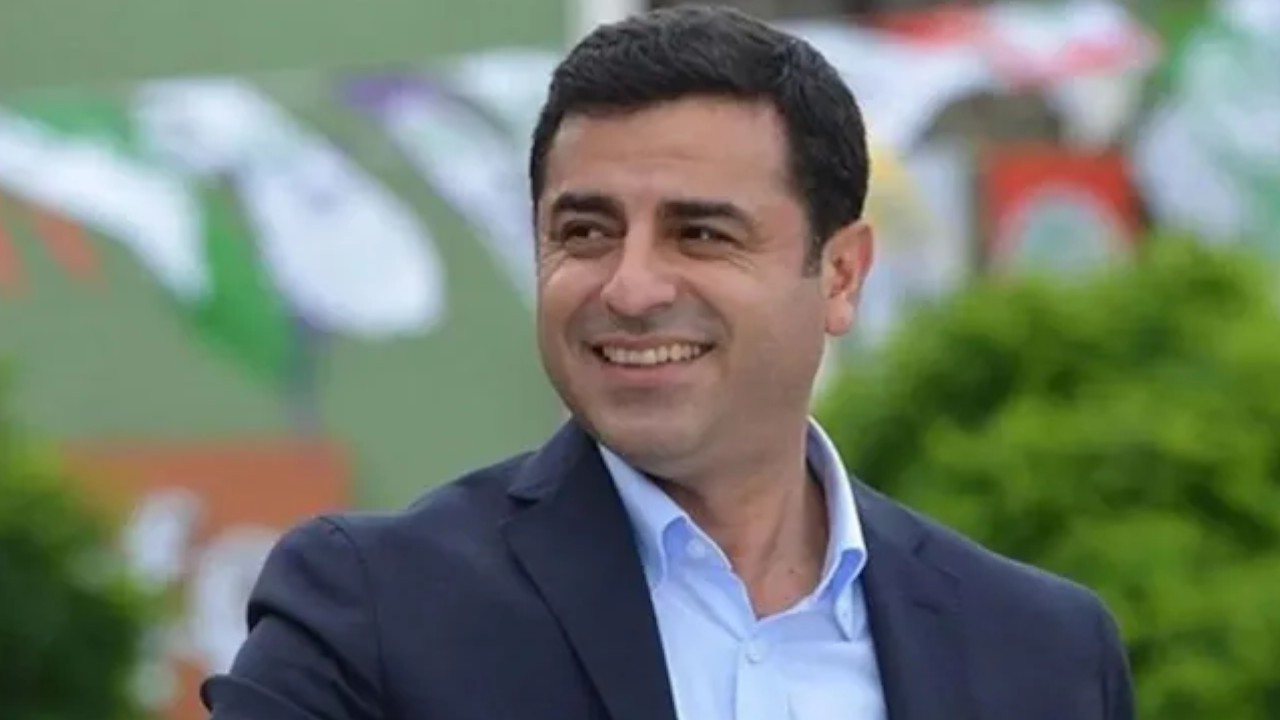 Demirtaş says HDP will not take step back from democratic politics and peacePolitics
Demirtaş says HDP will not take step back from democratic politics and peacePolitics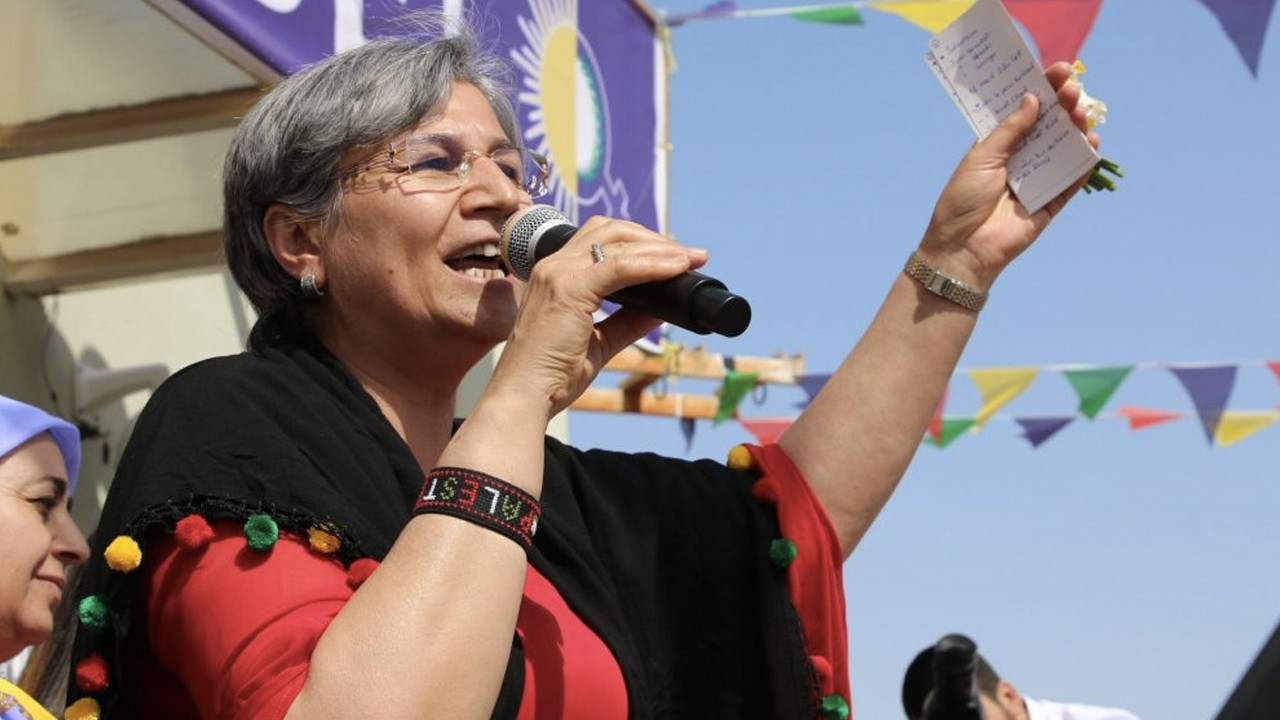 Parliament speaker deems HDP MP's question on Kurdish 'inadmissible'Human Rights
Parliament speaker deems HDP MP's question on Kurdish 'inadmissible'Human Rights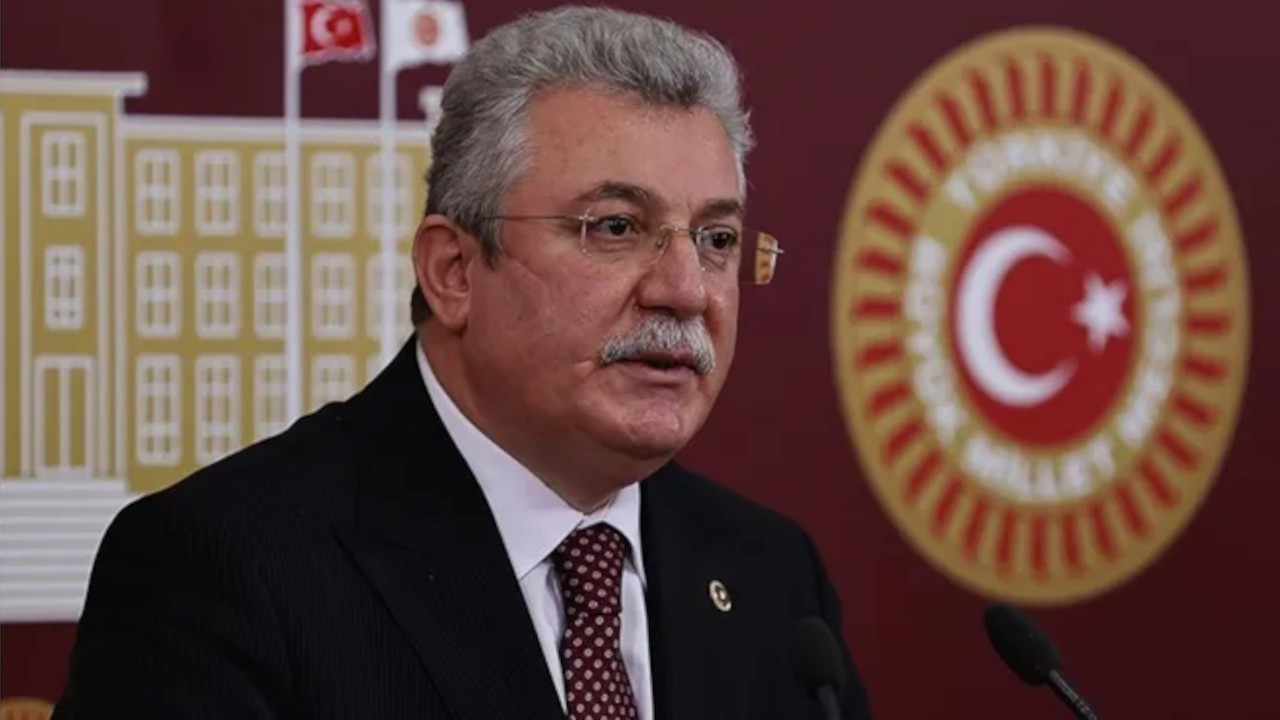 AKP MP says those who speak of ‘Kurdish problem’ are problematizing KurdsPolitics
AKP MP says those who speak of ‘Kurdish problem’ are problematizing KurdsPolitics Kurdology students criticize ministry’s appointment of only 3 Kurdish language teachers in 2022Human Rights
Kurdology students criticize ministry’s appointment of only 3 Kurdish language teachers in 2022Human Rights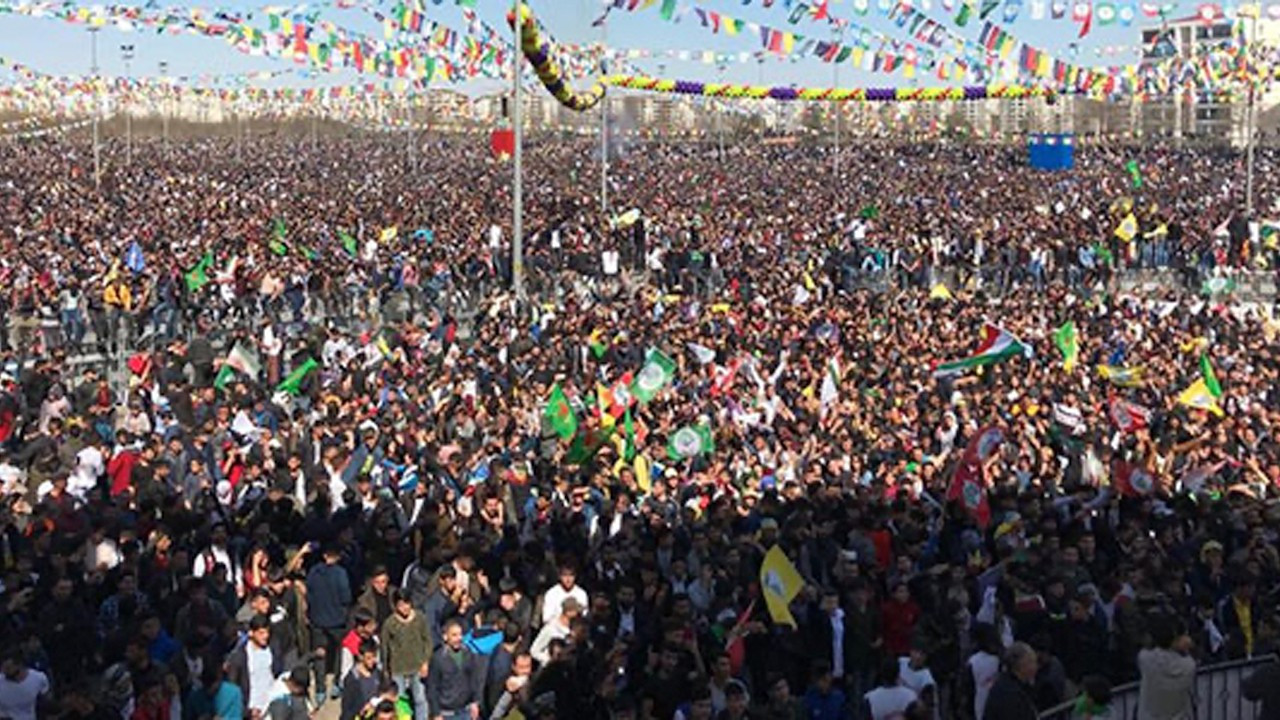 Turkey's parliament rejects question for including 'Kurdish provinces' phraseDomestic
Turkey's parliament rejects question for including 'Kurdish provinces' phraseDomestic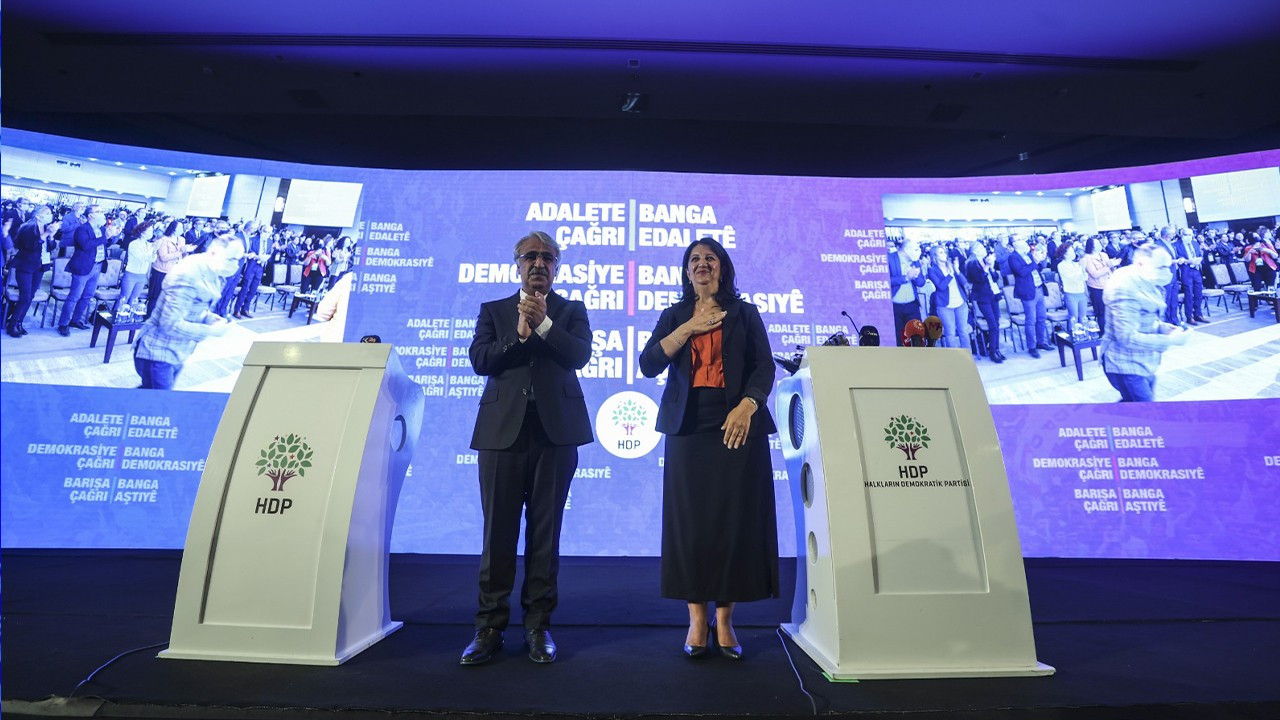 Kurdish question and the interlocutor debateWorld
Kurdish question and the interlocutor debateWorld